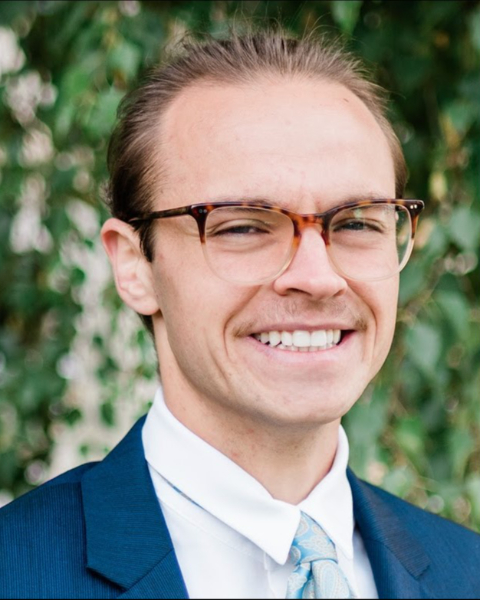3528 - Utility of Virtual Information Sessions to Inform Medical Students about Radiation Oncology Residency Programs
Screen: 25

Conley Kriegler, MD
University of Alberta
Edmonton, AB
Presenter(s)
Purpose/Objective(s):
The onset of the COVID-19 pandemic led to the widespread adoption of virtual information sessions to provide medical students with information about residency programs. These sessions have continued in Radiation Oncology (RO), yet no research has assessed whether students find sessions useful or desire their continuation with elective restrictions now lifted. We hypothesized that sessions would inform influential elements of students’ residency decisions and students would wish for their continuation despite lifted elective restrictions. Materials/
Methods: An anonymous survey utilizing 5-point Likert scales and descriptive feedback was developed to assess medical student (MS) and residency program member (RPM) perspectives on information sessions. Surveys were distributed between September – December 2023 to medical students who registered for Canadian RO virtual information sessions during the 2022-2023 CaRMS cycle. CARO members were contacted through an email list inviting staff and residents who attended sessions to participate in the project. Quantitative data was interpreted with descriptive statistics.
Results:
Of the 25 MS who registered for sessions, 18 completed the survey, while 17 RPM participated. 100% of MS and RPMs agreed or strongly agreed that sessions were useful and should continue despite elective restrictions being lifted, though significantly more RPMs strongly agreed that sessions were useful (4.82 vs. 4.5, p = 0.045) and should continue (5.00 vs. 4.67, p = 0.008). Sessions being free to attend and providing greater exposure to more programs than would otherwise be possible were the most endorsed benefits from MS (100% and 94% agree or strongly agree) and RPMs (100% agree or strongly agree). The three most strongly endorsed ways to improve sessions from both MS and RPM was having sessions for different time zones, having more resident interactions, and only having residents present for sessions. MS reported that the most influential factors in choosing their first-choice program were hearing positive resident experiences, a culture of supporting resident wellbeing, and program location. The most reported downsides of sessions from MS were the pressure to attend and repetitive information (50% and 50% agree or strongly agree). In contrast, only 12% of RPM agreed that pressure to attend was a possible downside, and only 24% agreed or strongly agreed that information was repetitive.
Conclusion:
We report the first evidence in support of the utility and desired continuation of virtual program information sessions in RO, from both medical students and residency program members. Responses support numerous benefits to sessions, with limited detriments. We recommend continuing these sessions and results can inform programs on how to optimize their implementation.
